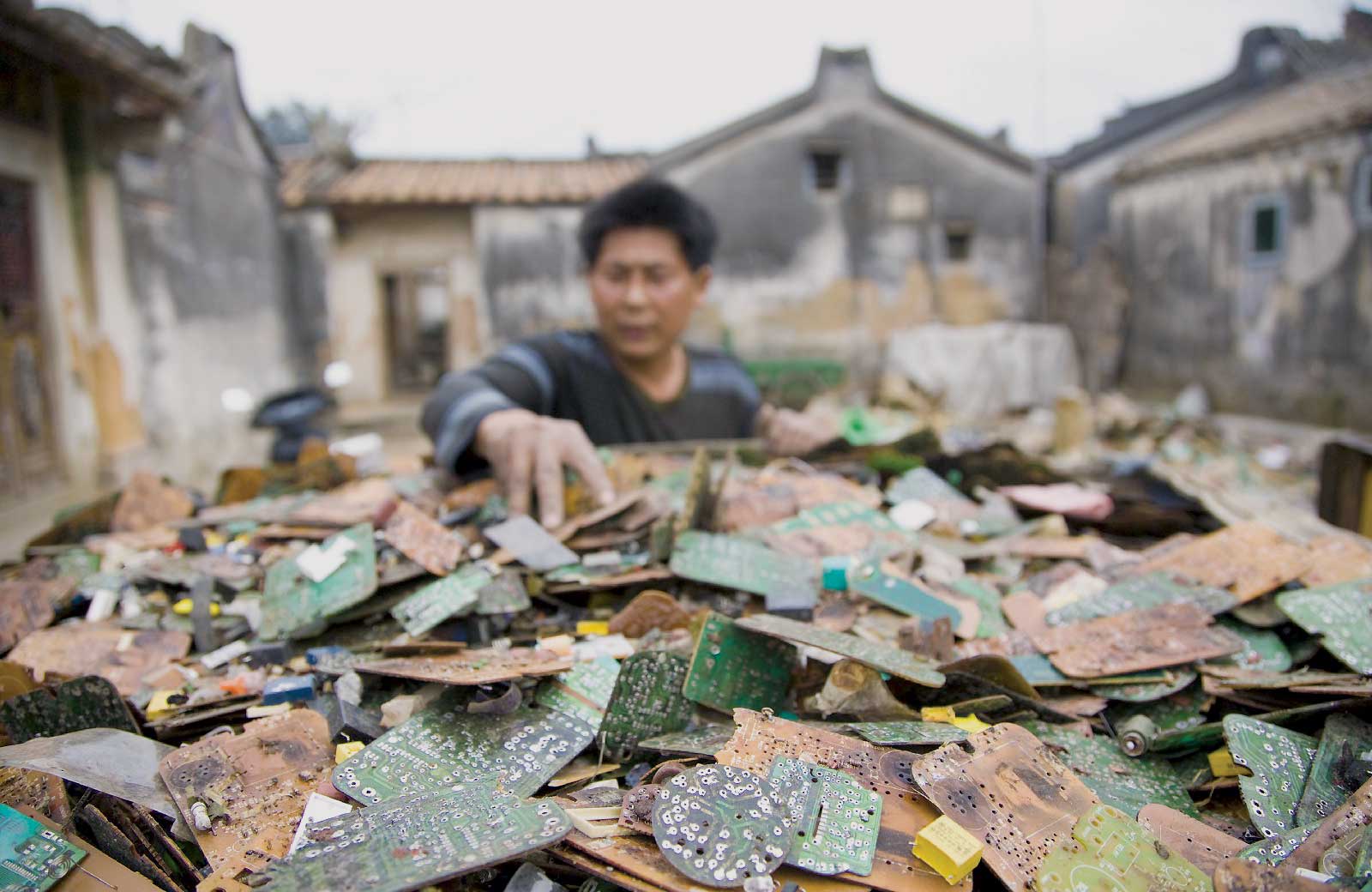

SALALAH, March 26 - There is a reason to believe the proverbial statement of ‘seeking gold in garbage’ due to recovery of gold from e-waste, which has been proved not only in theory but done practically by a budding Omani scientist in Caledonian College of Engineering. Her premise may go a long way for a country like Oman, which has emerged as one of the best in e-governance in the region and thus generating good amount of e-waste as well.

Sara al Jabri (pictured), student of Mechanical Engineering department of Caledonian College of Engineering, believes that her work would give a better direction to e-waste management and it would be an exciting idea for businessmen. In her recent interaction with Observer, Sara cited the example of computer circuit boards or PCBs (printed circuit boards) and said they are valuable because of their precious metal content.
“The extraction of gold metal from e-waste is both profitable and environmentally worthwhile. Hence, my study aims to recover gold from e-wastes (PCBs of computers) by hydrometallurgy process. Physical separation involved size reduction followed by manual separation and metal recovery involved leaching and precipitation of the metal into their separate components,” she said.
She claimed that from 144 grams of CCBs about 0.175 gram of gold cam be recovered “thus the major economic driver for recycling of electronic waste is from the recovery of precious metals.”
Commenting on her purpose behind the research, Sara said: “There has been big rise in the production and consumption of electrical and electronic equipment (EEEs) alongside a sharp cut in their lifespan which causes colossal amount of waste. The growing quantity of e-waste from electronic industry is beginning to reach disastrous proportions. My work would give the managers of e-waste huge incentive as there are different methods for extracting gold from waste EEEs such as hydrometallurgy and pyrometallurgy.” For her, recycling of electronic waste is an important subject. “In the present study, hydrometallurgical (cupellation) leaching was applied to PCB waste to design a metal recovery process. The results showed that the hydrometallurgical recovery of metals from PCB waste is possible.” The process will also avoid the problem of precipitate contamination when recovering the metals from the leach liquors. Hence, an economical hydrometallurgical process can be established for the recovery of metals from PCB waste.
“Recycling of e-waste is a profitable business and can develop consumer awareness on damaged devices, which many people keep even after their expiry. These results demonstrate that more studies are necessary, using other parameters and different solution concentrations with different ratio to increase the efficiency of the leaching process,” she said in support of her research.
Oman Observer is now on the WhatsApp channel. Click here



